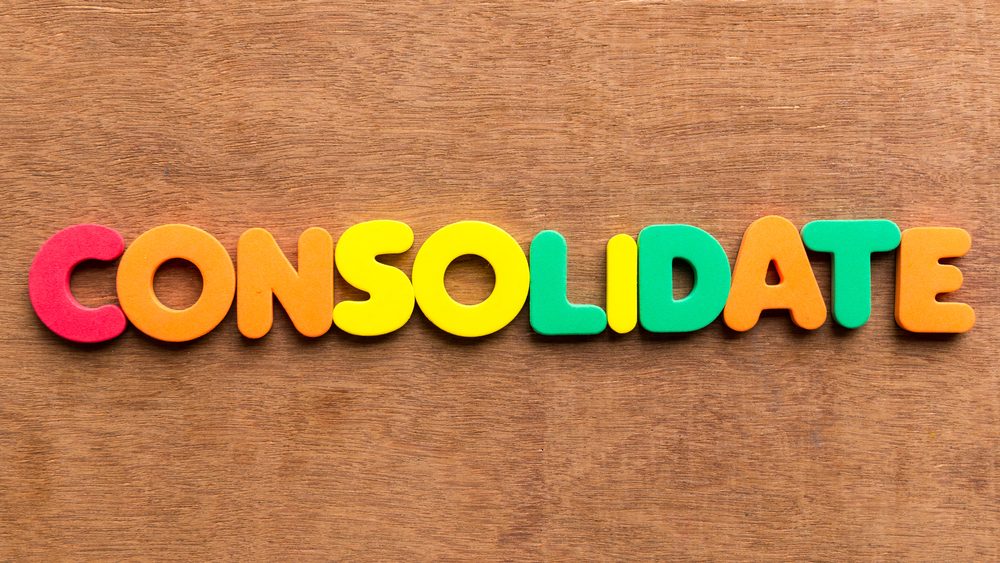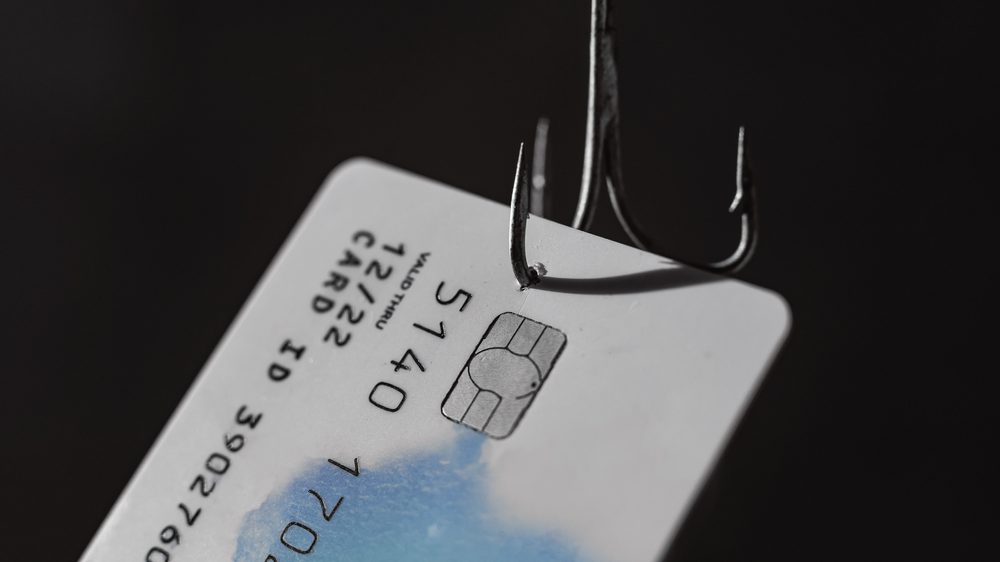Consolidating debt can be a great way to save money and manage your finances. But the decision isn’t so clear-cut when it comes to consolidating credit card debt or student loans. Each type of loan carries its pros and cons, so the best solution depends on your financial situation.
In this blog post, we’ll look at debt consolidation, how it works, and when it might be right for you.
What Is Debt Consolidation?

Debt consolidation is the process of combining multiple debts into a single loan with a lower interest rate. This can save you money on interest and help you pay off your debt faster.
If you’re struggling to keep up with multiple loans, consolidation could be a good option. However, It’s essential to understand how consolidation works and what it can and can’t do for you before consolidating your debts.
How Debt Consolidation Works

To consolidate your debts, you’ll need to take out a new loan and use it to pay off your debts. You’ll then have a single loan payment to make each month.
There are a few different ways to consolidate your debts. You can do it yourself by taking out a personal loan from a bank or credit union or working with a debt consolidation company.
You’ll need to shop around for the best interest rate and terms if you consolidate your debts yourself. Be sure to compare multiple lenders before you choose a personal loan.
If you work with a debt consolidation company, they’ll work with your creditors to get you a lower interest rate. They’ll also work with you to create a payment plan that fits your budget.
The Benefits of Debt Consolidation

Debt consolidation can be a great way to reduce the interest you’re paying on your debts, lower your monthly payments, and get out of debt faster.
If you’re struggling to make ends meet because of high interest rates and monthly payments, consolidating your debt could be a good solution.
Here are some of the benefits of consolidating your debt:
Lower Interest Rates
When you consolidate your debt, you may be able to get a lower interest rate on your new loan. This can save you money on interest charges and help you pay off your debt faster.
Lower Monthly Payments
Consolidating your debt can also lower your monthly payments. This can free up cash each month to pay off other debts or save for a rainy day.
Get Out of Debt Faster
By consolidating your debt, you’ll be able to focus on paying off one loan instead of several. This can help you get out of debt faster and save money in the long run.
Improve Your Credit Score
You could see your credit score improve if you make your payments on time and in full. This could give you access to better interest rates in the future and help you qualify for loans and credit cards with better terms.
The Dangers of Credit Card Debt

Credit card debt can become a real burden if it is not managed correctly.
Here are some of the most common dangers of having too much credit card debt and why you should consider a debt consolidation loan:
High Interest Rates
Credit card debt often carries high interest rates, which can add to the overall cost of your debt if you only make minimum payments. You need to be careful that you don’t end up in an endless cycle of debt.
Excessive Fees and Penalties
Credit cards may charge excessive fees for late payments, balance transfers, and cash advances. Late payment fees, ranging from $10 to $35, will add more to your balance if you don’t stay on top of your payments.
Carrying a Balance Can Affect Your Credit Score
When you have credit card debt, it can have an impact on your credit score. Credit scoring systems look at the amount of debt you have compared to your available credit limit and how long it’s been since you made a payment. When your credit card balance is high, and your payments are late, it can negatively affect your credit score.
Difficulty Borrowing Money in the Future
Carrying high balances on credit cards can affect your credit score, making it harder to borrow money or secure loans in the future. This could prevent you from getting a loan for a home or car and make it more challenging to get approved for financing.
Stress/Anxiety
Dealing with a large amount of credit card debt can be highly stressful and anxiety-inducing, leading to mental health issues like depression.
Possibility of Default
If not managed properly, credit card debt can lead to defaulting on payments and potentially legal action from creditors or collection agencies.
What About Consolidating Student Loans?

Consolidating your student loan debt can lower your interest rate and simplify repayment. This is especially helpful if you’re dealing with multiple student loan servicers or multiple payments each month.
When considering student loan consolidation, you should look at three main factors: the interest rate, the repayment period, and any fees your might have to pay.
The interest rate
The interest rate on a consolidation loan is typically lower than what you’re paying for individual loans, which can save you money in the long run.
The repayment period
The repayment period also affects how much interest you’ll pay over time. Extending your repayment term can help reduce your monthly payments but end up costing you more in interest over the life of the loan.
Fees and other charges
Finally, be sure to compare lenders and consider any fees associated with the loan. Some lenders may charge an origination fee or other costs that will add to the overall cost of your loan.
Common Questions About Debt Consolidation

Is it worth it to consolidate my student loans?
The decision of whether or not to consolidate your student loans depends on your individual financial situation.
However, if you are struggling to make your monthly student loan payments, consolidating your loans could help you lower your monthly payment and save money on interest over the life of your loan.
Is it worth getting a loan to consolidate credit card debt?
The decision of whether or not to consolidate credit card debt depends on each individual’s unique financial situation.
However, some factors to consider when making this decision include the interest rate on the loan, the monthly payment amount, and the length of time it will take to repay the loan.
Does consolidating hurt your credit score?
There is no definitive answer to this question. Some people may find that consolidating their credit cards or student loans hurts their credit score, while others may find that it helps their credit score.
Ultimately, it depends on each individual’s financial situation and how they manage their consolidated debt.
Conclusion
A debt consolidation loan can be a great way to save money and get back on track financially. Depending on the type of loan and terms, you may qualify for a lower interest rate or have an easier time making payments.
Keep in mind, however, that it’s essential to shop around for the best deal and read the fine print before signing any contracts. A little bit of research can go a long way in helping you make the right decision and ensuring you can make your monthly debt payments.
If you’re struggling with high interest rates and monthly payments on your credit cards or student loans, SkyCap Financial can help. We offer debt consolidation loans to qualified applicants at competitive rates, which can save you money and simplify your finances. Apply today!







